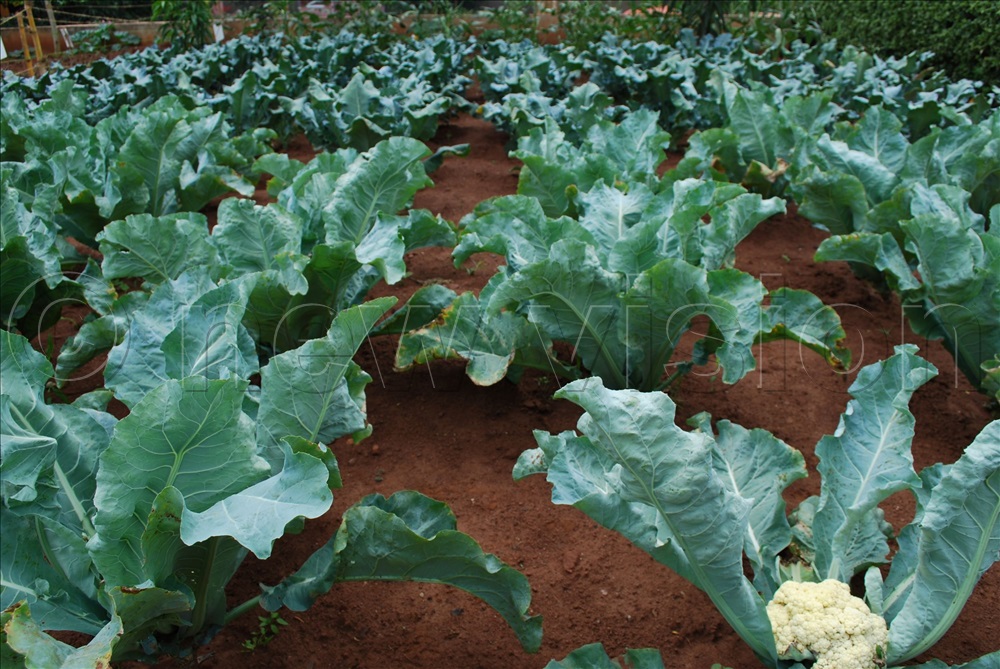By Umar Nsubuga
With the rising cost of food, many households are looking for ways to eat healthier while cutting down on expenses.
One of the most effective solutions is cultivating your own nutritious foods at home. From small backyard gardens to container farming on balconies, this approach not only ensures a steady supply of fresh produce but also reduces grocery bills significantly.
Experts emphasise that growing your food can transform both your diet and your finances, offering an affordable and sustainable alternative to buying from the market.
Agronomist Henry Sekyewa highlights the importance of using available space to grow nutrient-rich vegetables like spinach, kale, and amaranth among others.
“You don’t need a large piece of land to start a garden. Even a few containers or a small backyard can produce enough vegetables to feed a family,” Sekyewa advises.
He adds that crops like leafy greens are highly nutritious and grow quickly, making them an ideal choice for beginners.
For those with a little more space, Joseph Bukenya, an experienced vegetable farmer, suggests incorporating a variety of crops to diversify meals.
“Growing a mix of vegetables such as carrots, cabbages, and tomatoes ensures your family gets all the essential nutrients,” he explains.

Bukenya also emphasises the importance of proper soil management and the use of organic fertilizers to boost yields while keeping costs low.
Backyard gardens have another advantage: reducing dependency on expensive market produce. By planning crops carefully, you can harvest vegetables throughout the year, avoiding the seasonal price spikes that often affect household budgets, he explains.
Root vegetables such as sweet potatoes and cassava, for instance, are not only affordable to grow but also provide energy-rich meals that can replace costly staples.
Sekyewa encourages home gardeners to embrace vertical gardening techniques to maximize limited space.
“Simple structures like trellises for climbing crops like beans and cucumbers can double your output,” he says.
He says using organic compost made from kitchen waste enhances soil fertility without the need for costly chemical fertilisers.
Both Sekyewa and Bukenya agree that growing your food fosters self-reliance and promotes healthier eating habits.
By spending less on groceries, families can invest in other needs, all while enjoying the satisfaction of producing fresh, chemical-free meals.
Whether you are starting with a few pots or a small plot, the benefits of home gardening are immense better nutrition, reduced costs, and the joy of cultivating your own food.





